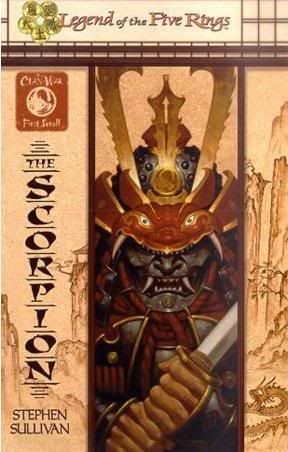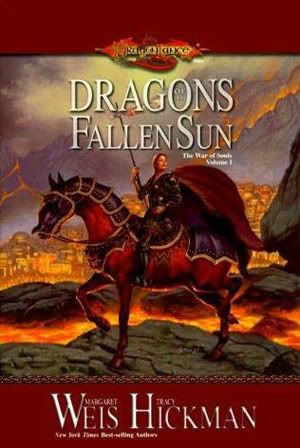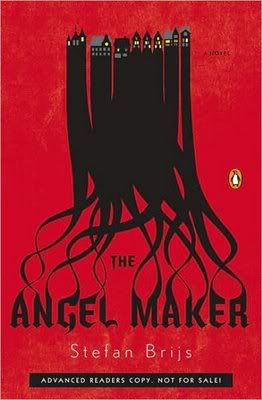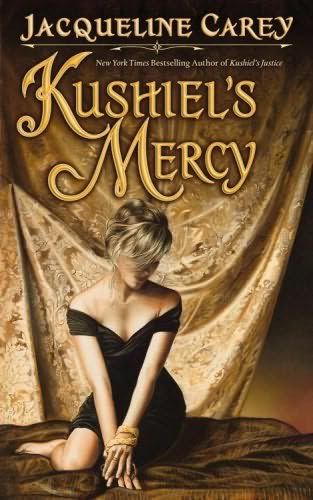Indulge your inner nerd and read a book based off an RPG. Or a video game. Or a war game.
I am absolutely, one hundred percent serious about this. I am currently absorbed in book two of The Eisenhorn Trilogy, a set of books by Dan Abnett based in the WarHammer 40K universe. Gregor Eisenhorn is one of the most frustrating literary characters I have ever encountered, because fundamentally he is a character I want to loathe: as an Inquisitor working for the vast, lumbering Empire he is licensed to do whatever he has to in order to root out heretics, aliens, rogue psychics, and anything else conceived to be a threat to humanity. This includes torture, murder, genocide, and liberal doses of intrigue and info-gathering. Despite all of this, because Eisenhorn is good at his job and immersed up to his elbows in things I find involuntarily repulsive, I DO like him. He's intensely loyal, good to his friends, perceptive and honorable in the Inquisitor way. And as my astute boyfriend has pointed out numerous times, when the alternative to martial law is Chaos and hellfire, the
The Eisenhorn Trilogy so far is entertaining, fascinating from a science fiction and anthropological point of view, and a pretty quick read. You could definitely do worse. Like read Grendel, God forbid. And since I'm pretty much a quintessential nerd, here are a couple other game-based books that I think are fun, interesting, and very entertaining:

Clan War, books 1-7 (Book One: The Scorpion)
By various authors
Based on the RPG Legend of the Five Rings
Why I liked it, and why you probably will too: The L5R RPG is one of the most engaging settings I've ever played, if only for the sheer variety of possibilities that are laid out with almost no difficult thinking on the player's part. The setting is frenetically Asiatic, and the world is clan based with each clan embodying specific characteristics (the Scorpion are sneaky bastards that might poison you, the Lion are unbearably noble and hard-headed, so on and so forth). The Clan War books move through one traumatic event in the L5R setting that shows the best and worst of each clan, while also giving the reader a sample of the history and characters embedded in the setting. They're fun, the characters are fascinating, and the way in which the events of the books interweaves with the fluff in the player's books is artfully done.
 Dragons of A Fallen Sun One in a string of books based on Dungeons and Dragons
Dragons of A Fallen Sun One in a string of books based on Dungeons and Dragons By Margaret Weis and Tracy Hickman
Why I liked it, and why you will too: I will be painfully honest here and admit that I have never read the first handful of Dragonlance novels. I tried to get through Dragons of Autumn Twilight about four times before giving up out of boredom. But Fallen Sun is starkly exciting: the main character is a very Joan of Arc-like figure, young and waifish and absolutely fearless. There is a heavy twang of religious fervor hanging around on the pages, that gives even the happy moments a gray wash of fear. I haven't read the books that come after (there are two in the same continuity) but I think I'd like to - Mina, the girl pictured on the cover, performs miracles and gathers soldiers to her side as easily as breathing, and I'm interested to see how her story turns out.






